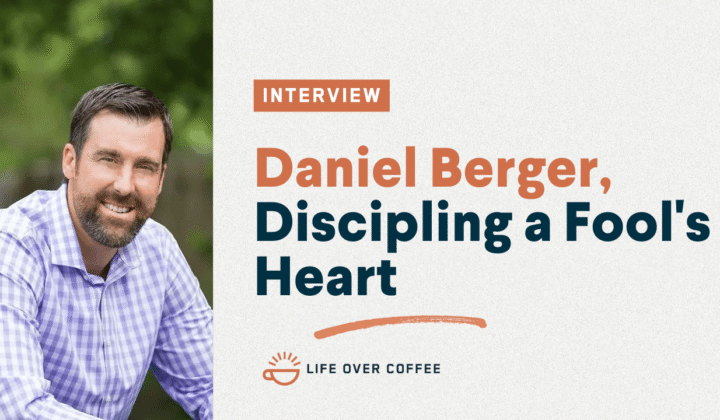Description
Storm Hurler: When God Hurls a Storm at You — Trouble is our constant companion as we navigate to that great city on the other side of our storms. Jonah was one such troubled soul. He represents all of us, a good but imperfect man—the only kind God will use. I am thankful the Lord placed his story in our Bible because I needed to know the terrible lengths the Lord would go to rescue and restore one of His children, while preparing him to cooperate with God in the grander work or redemption. I did not write this book as a detached author, as though Jonah’s story has no connection with my life. The struggle of Jonah and the gospel-centered applications drawn from his story are not untested theories from an unaffected writer.
In April 1997, my brother’s wife murdered him, shooting him five times as he lay between two cars in their garage. The judge gave her community service. There was no prison sentence because she had no prior record, and the courts determined the murder was involuntary manslaughter, which can earn the most lenient penalty permitted for that classification. It would be easy to be angry at her for what she did. I suppose I could say I was righteously angry, but the lines between righteous and unrighteous blur when the worst news comes. What I did know is that I needed release from the hurt that was harassing my soul. I felt as though I was drowning in the belly of darkness as the cords of confusion tightened around me.
It is easy to hate. Mercy is hard. I had to choose between simmering in my suffering or finding help through the incredible power of the Lord’s gospel. Seething in pain was the straightforward path, but the long-term effects would be detrimental to my soul and relationships. I knew that. The more complicated path was to understand the point of the storm and then practicalize those purposes in my life. Part of the problem was a lack of mercy toward her, but God is a multitasker. There was more to my story. Focusing on the speck while not addressing the log would be a miscalculation of the worst kind (Matthew 7:3-5). Thus, I had to recalibrate, knowing that I could not change the problem, but I could change myself by the grace of God. The gospel had to become more than confessionally real to me. It had to become functionally active in my soul.
And should not you have had mercy on your fellow servant, as I had mercy on you? (Matthew 18:33).
The gospel truth is explicit: what I have done to my Lord is far more severe than what anyone has done to me, and if God will forgive me all that I owe, I could have a heart of forgiveness toward others. The Lord gave me the grace to apply the gospel to my heart, releasing me from the pitfalls of hard-heartedness while positioning me in a place where I could help others, even those who are not like me. If you have a Ninevite in your life, I want to tell you a story. There was a man named Jonah. He hated a people group. God asked him to share His redeeming love with them, but Jonah resisted, rebelled, and ran from the call. He did not anticipate the terrible lengths that God would go to help him. He also did not discern God’s grander purposes: there was something wrong with Jonah that had nothing to do with those he did not like.
The Book of Jonah is really not about the prophet. It’s not about a people group needing the gospel. And it most certainly is not a big fish story. There is a transcending theme to this little book. It’s about a relentless Redeemer who will use any means necessary to transform His children so they can maximize their usefulness in His world. If you want God to use you, it’s vital you understand the purpose of the storms in your life. It’s not what you think. I hope you will be able to glean from this retelling of that familiar story.














